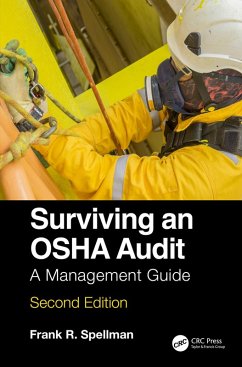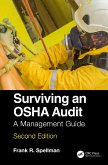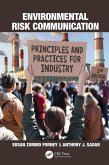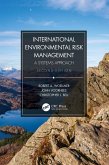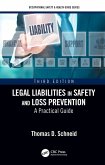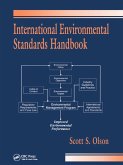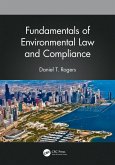Hailed on its first publication as a masterly account detailing a roadmap for compliance with workplace standards, regulations, and rules,
Surviving an OSHA Audit: A Management Guide, Second Edition, is specifically designed for managers and other professionals who seek to provide a safe work environment.
Dieser Download kann aus rechtlichen Gründen nur mit Rechnungsadresse in A, B, BG, CY, CZ, D, DK, EW, E, FIN, F, GR, HR, H, IRL, I, LT, L, LR, M, NL, PL, P, R, S, SLO, SK ausgeliefert werden.
Hinweis: Dieser Artikel kann nur an eine deutsche Lieferadresse ausgeliefert werden.

